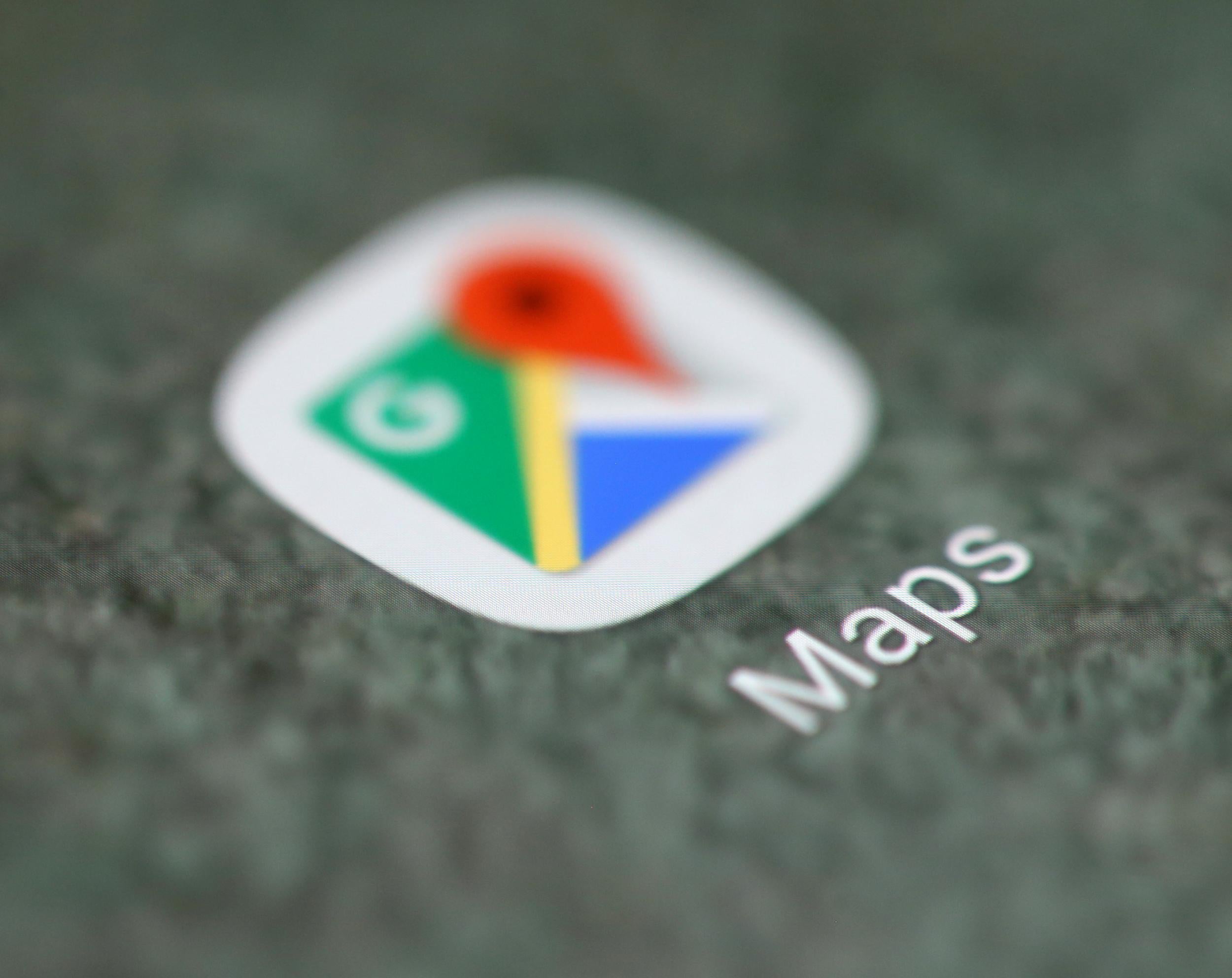Google to pay $392m to 40 states over location tracking in ‘historic win’ for users
‘Location data is among the most sensitive and valuable personal information Google collects,’ says Connecticut attorney general

Google will pay $391.5 million to 40 US states following an investigation into how users’ locations are tracked.
State attorneys general called it the largest multistate privacy settlement in history and a major win against corporate surveilance of citizens.
“This $391.5 million settlement is a historic win for consumers in an era of increasing reliance on technology,” Connecticut Attorney General William Tong said in a statement.
“Location data is among the most sensitive and valuable personal information Google collects, and there are so many reasons why a consumer may opt-out of tracking.”
At a news conference, Tong urged consumers to “do a little personal inventory” of their online settings and turn them off if they don’t want them. “It is not an exaggeration to say that we live in a surveillance economy,” he said. “Understand that you’re being tracked every minute of every day where you are.”
Google, based in Mountain View, California, said it fixed the problems several years ago.
“Consistent with improvements we’ve made in recent years, we have settled this investigation, which was based on outdated product policies that we changed years ago,” a company spokesperson said.
Location tracking can help tech companies sell digital ads to marketers looking to connect with consumers within their vicinity.
It is just one tool in a data-gathering toolkit that generates more than $200 billion in annual ad revenue for Google, accounting for most of the profits pouring into the coffers of its corporate parent, Alphabet – which has a market value of $1.2 trillion.
The attorneys general who investigated Google said a key part of the company’s digital advertising business is location data, which they called the most sensitive and valuable personal data the company collects.
Even a small amount of location data can reveal a person’s identity and routines, they said.Google uses the location information to target consumers with ads by its customers, the state officials said.
The attorneys general said Google misled users about its location tracking practices since at least 2014, violating state consumer protection laws.
As part of the settlement, Google also agreed to make those practices more transparent to users. That includes showing them more information when they turn location account settings on and off and keeping a webpage that gives users information about the data Google collects.
Arizona Attorney General Mark Brnovich filed the first state action against Google in May 2020, alleging that the company had defrauded its users by misleading them into believing they could keep their whereabouts private by turning off location tracking in the settings of their software.
Arizona settled its case with Google for $85 million last month, but by then attorneys general in several other states and the District of Columbia had also pounced on the company with their own lawsuits seeking to hold Google accountable for its alleged deception.
Other states who filed a lawsuit include Indiana, Texas and Washington, as well as the District of Columbia.
Additional reporting from agencies.

Join our commenting forum
Join thought-provoking conversations, follow other Independent readers and see their replies
Comments